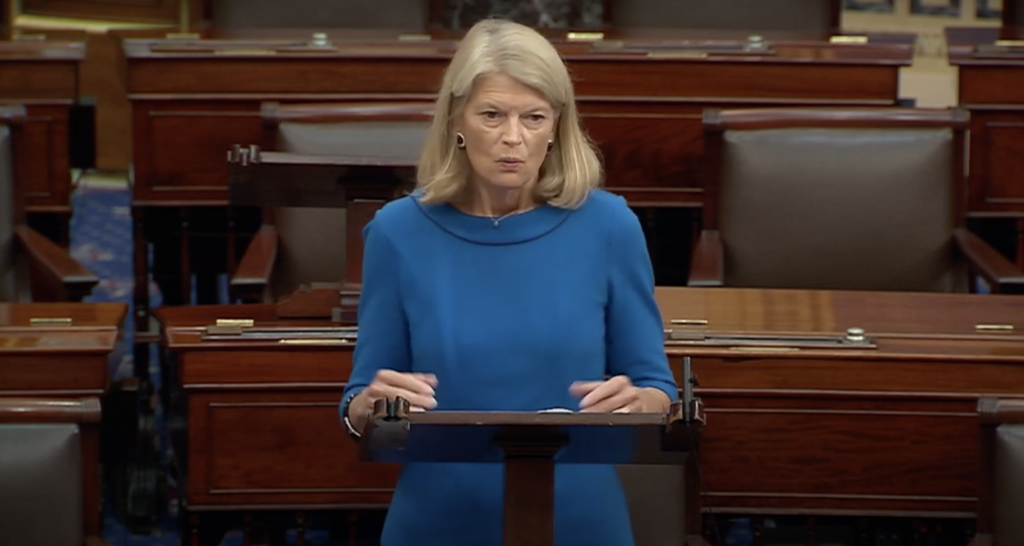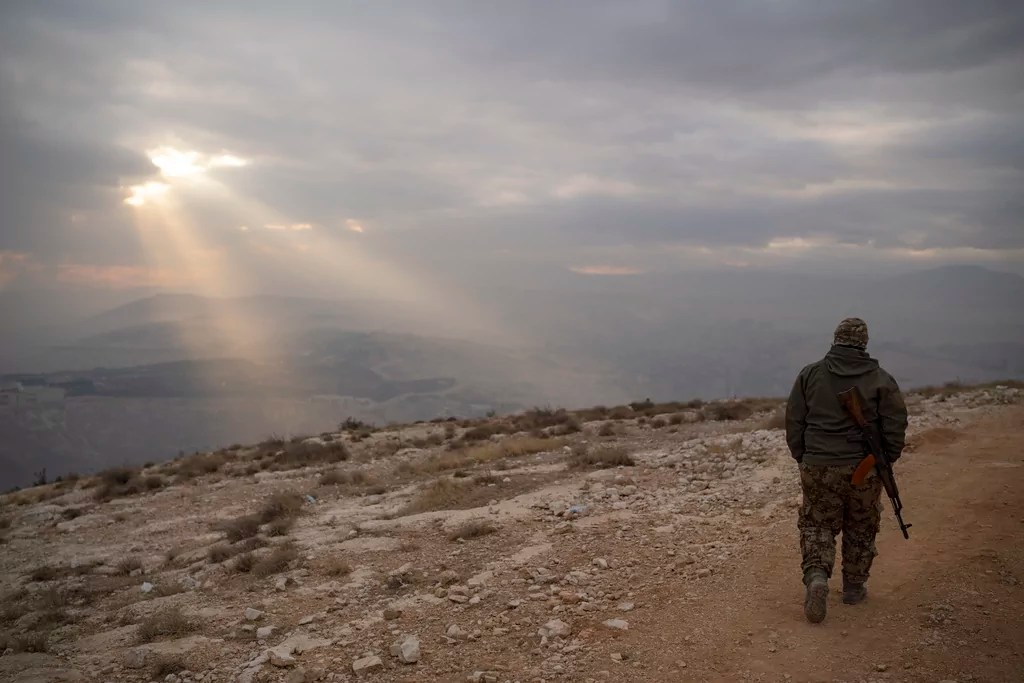Austin Bay: Ukraine’s Nation in Arms: The Unexpected Near-Peer War
It’s a surprise that Russia is battling Ukraine “near-peer” war.
Eleven months of fighting and suffering have demonstrated that Ukraine can defeat a Russian invasion on the battlefield, then launch limited but effective counter-offensives.
Satellites begin to photograph trenches, shell holes, and wire services report artillery slugfests. Cable TV experts speculate about new attacks as the Russians acquire more soldiers and when the Ukrainians deploy Leopard 2 tankers.
This means that the war has become a bloody standoff between two armies refusing to lose.
Feudal “peers” are fellow aristocrats. In geopolitics, “near-peer” It is the military, diplomatic and bureaucrat lingo of two rival nations or alliances in relation to their defense and diplomatic establishments “nearly equal” (have the same capabilities; one wage war on the other).
This means that if the bullets fly, both combatants can sustain the fight. It will not be an easy win.
The war that Vladimir Putin started was meant to be a victory lap, with battlefield evidence of Russian superpower status and war-fighting skills, as well as renewed national confidence.
Putin, his Kremlin insiders & yes-men intelligence officers believed that Russia’s military might would quickly overthrow Ukraine.
The slam-dunk would send two messages: NATO is back… and China… don’t think about retaking Siberia.
Was Putin really a slam-dunk fool?
Bitter history supports this psychological explanation. Dreams of restoring imperial glory distort rational calculation, especially among dictators. Saddam Hussein and Adolf Hitler are two examples. Putin believed — and likely still believes — his own “reclaiming our great Russian empire” propaganda schtick.
Putin had no reason to underestimate Western opposition in recent history. Russia invaded Crimea and annexed it in 2014. First time since WWII, major powers in Europe used military aggression to annexe and expand their territories. For this crime, the Kremlin paid an economic and political price that was relatively small. Why not wager that Ukraine would soon succumb to a huge strike, and that the West would accept it?
The failure of the Biden administration in Afghanistan signaled weakness in Western leadership. Putin thought he was in control?
Saddam Hussein believed he had a chance in February 1990. In Amman (Jordan), he spoke that month about the (global] situation. “changed in a dramatic way.” America was “fatigued” They would disappear, but “throughout the next five years,” The U.S. would have no boundaries. To defeat America, you had to scrape the Vietnam scar and threaten huge U.S. casualties. “Fatigue” U.S. power would be impeded by domestic self-recrimination. “The big,” Saddam said, “does not become big, nor does the great earn such a description unless he is in the arena of comparison or fighting with someone else on a different level.”
Saddam had a lot of bullets, tanks and troops. He had plenty. He was also fighting for his border.
Putin was a man of perceived superiority, both in terms of troops and tanks, and in the war on his borders, and he took the fight to another level.
Russia’s sheer numbers are a key factor in war. Technology matters — but combat has revealed flaws in Russia’s “modernized” weapons. Ukraine purchased anti-tank and advanced anti-aircraft weaponry to defeat Russian armored column defenses in 2014, and trained its soldiers to use them.
Moreover, Ukrainian troops were trained to act on their own initiative — to fight a dispersed ground war and destroy Russian armored columns piecemeal. While the actual situation may differ from Finland 1940, the concept of the base is the same.
Russia has many troops, but Russia’s Army is more powerful. “top down.” Politically, individual initiative is suspect.
Ukraine, like Finland 1940 has proved to be a “nation in arms” — a warrior state with the will to fight. Nations in arms know what they fight for — which is usually their very existence.
It is a combination of battlefield valor, civilian resistance, and an articulate and media-savvy leader that didn’t flee despite Biden’s request. This inspirational combination is why Ukraine attracts and keeps allies.
Russia’s juggernaut is now a trench army facing a warrior state that has wealthy allies who provide weapons that work.
The calculations of the bullet- and tank counters have been adjusted.
Visit www.creators.com to learn more about Austin Bay, and see features from other Creators writers.
Credit: 12019 Pixabay
" Conservative News Daily does not always share or support the views and opinions expressed here; they are just those of the writer."






Now loading...